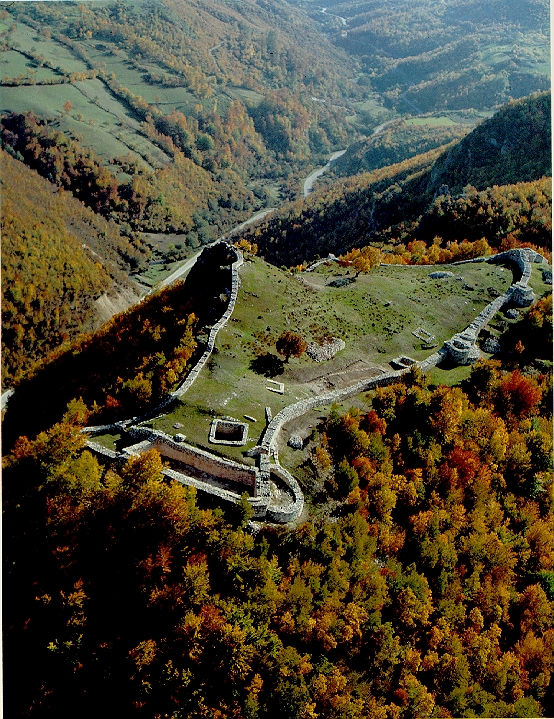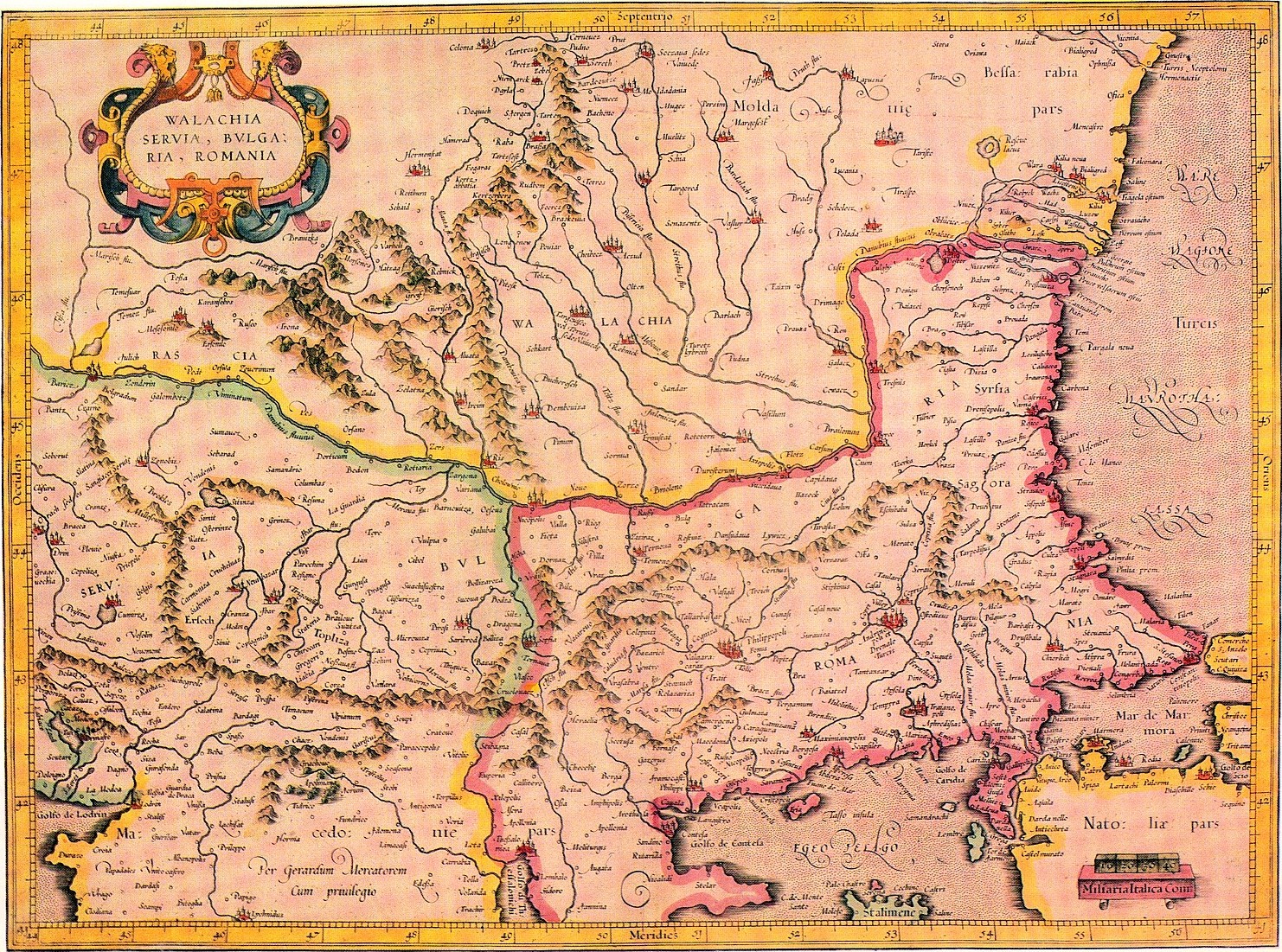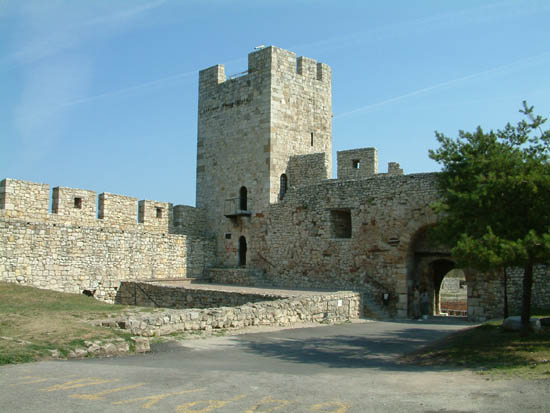|
Raška (other)
Raška may refer to: Geography * Raška (region), geographical and historical region in modern Serbia * Raška (river), river in southwestern part of Serbia * Raška, Serbia, town and municipality in Serbia History and administration * Eparchy of Raška, a medieval diocese (eparchy) of the Serbian Orthodox Church * Catepanate of Raška, variant designation for the ''Catepanate of Ras'', a short lived Byzantine province (971-976) in central Serbian lands * Grand Principality of Raška, variant designation for the Grand Principality of Serbia, in the 11th and 12th century * Kingdom of Raška, variant designation for the medieval Kingdom of Serbia, in the 13th and 14th century * Raška architectural style, architectural style in medieval Serbia, in the 12th and 13th century * Despotate of Raška, variant designation for the Despotate of Serbia, in the 15th century * Little Raška, a region inhabited by Serbs (Rascians) in southern regions of Pannonian plain, from the 16th to 18th ... [...More Info...] [...Related Items...] OR: [Wikipedia] [Google] [Baidu] |
Raška (region)
Raška ( sr, Рашка; la, Rascia) is a geographical and historical region, covering the south-western parts of modern Serbia, and historically also including north-eastern parts of modern Montenegro, and some of the most eastern parts of modern Bosnia and Herzegovina. In the Middle Ages, the region was a center of the Serbian Principality and of the Serbian Kingdom, one central settlement of which was the city of Ras (a World Heritage Site) in the late 12th century. Its southern part corresponds to the region of Sandžak. Name The name is derived from the name of the region's most important fort of Ras, which first appears in the 6th century sources as ''Arsa'', recorded under that name in the work ''De aedificiis'' of Byzantine historian Procopius. By the 10th century, the variant ''Ras'' became common name for the fort, as attested by the work ''De Administrando Imperio'', written by Constantine Porphyrogenitus, and also by the Byzantine seal of John, governor of Ras ... [...More Info...] [...Related Items...] OR: [Wikipedia] [Google] [Baidu] |
Raška Oblast
Raška may refer to: Geography * Raška (region), geographical and historical region in modern Serbia * Raška (river), river in southwestern part of Serbia * Raška, Serbia, town and municipality in Serbia History and administration * Eparchy of Raška, a medieval diocese (eparchy) of the Serbian Orthodox Church * Catepanate of Raška, variant designation for the ''Catepanate of Ras'', a short lived Byzantine province (971-976) in central Serbian lands * Grand Principality of Raška, variant designation for the Grand Principality of Serbia, in the 11th and 12th century * Kingdom of Raška, variant designation for the medieval Kingdom of Serbia, in the 13th and 14th century * Raška architectural style, architectural style in medieval Serbia, in the 12th and 13th century * Despotate of Raška, variant designation for the Despotate of Serbia, in the 15th century * Little Raška, a region inhabited by Serbs (Rascians) in southern regions of Pannonian plain, from the 16th to 18th ... [...More Info...] [...Related Items...] OR: [Wikipedia] [Google] [Baidu] |
Chris Raschka
Chris Raschka (born March 6, 1959) is an American illustrator, writer, and violist. He contributed to children's literature as a children's illustrator. He was U.S. nominee for the biennial, international Hans Christian Andersen Medal in 2012. ''Yo! Yes?'' was a Caldecott Honor Book in 1994 but Raschka may be most famous for his '' Hello, Goodbye Window'', winner of the 2006 Caldecott Medal, and his book '' A Ball for Daisy,'' which won the 2012 Caldecott Medal. Raschka was born in Huntingdon, Pennsylvania. Though he grew up in suburban Chicago, Illinois, he spent part of his childhood in Austria, his mother's homeland. He is a graduate of St. Olaf College. Now he lives in New York City. Raschka is the author and illustrator of ''Charlie Parker Played Be Bop'', an introduction to the saxophone player and composer Charlie Parker (Scholastic, 1997). Selected works *''Another Important Book'' (illustrator) *''Arlene Sardine'' *'' A Ball for Daisy'' *''The Blushful Hippopotamus ... [...More Info...] [...Related Items...] OR: [Wikipedia] [Google] [Baidu] |
Martin Raška
Martin Raška (born 31 January 1977) is a Czech football goalkeeper who works as a goalkeeping coach at DAC Dunajská Streda. Honours ;Baník Ostrava *Gambrinus liga The Czech First League, known as the Fortuna liga for sponsorship reasons, is a Czech professional league for football clubs. At the top of the Czech football league system, it is the country's primary football competition. Seasons typically ru ... (1): 2003–04 * Czech Cup (1): 2004–05 ;Zemplín Michalovce * 2. Liga (1): 2014–15 External links * FC Midtjylland profile* 1977 births Living people Czech footballers Czech Republic youth international footballers Czech Republic under-21 international footballers Czech First League players FC Baník Ostrava players FC Spartak Trnava players MFK Zemplín Michalovce players FC Midtjylland players Danish Superliga players Slovak Super Liga players 2. Liga (Slovakia) players Czech expatriate footballers Expatriate footballers in Slovakia ... [...More Info...] [...Related Items...] OR: [Wikipedia] [Google] [Baidu] |
Karel Raška
Karel Raška (; 17 November 1909 in Strašín – 21 November 1987 in Prague) was a Czech physician and epidemiologist, who headed the successful international effort during the 1960s to eradicate smallpox. Life Raška graduated from the gymnasium in Sušice, and later enrolled at the Faculty of Medicine of the Charles University in Prague. He graduated in 1933. In 1948 he received his habilitation, and in 1955 received his professorship. At the end of World War II, together with epidemiologist František Patočka, he was personally leading measures to stop the spread of epidemic typhus in the Terezín concentration camp Theresienstadt Ghetto was established by the SS during World War II in the fortress town of Terezín, in the Protectorate of Bohemia and Moravia ( German-occupied Czechoslovakia). Theresienstadt served as a waystation to the extermination .... Together they wrote a report describing the appalling conditions and mistreatment of German civilians i ... [...More Info...] [...Related Items...] OR: [Wikipedia] [Google] [Baidu] |
Jiří Raška
Jiří Raška (; 4 February 1941 – 20 January 2012) was a Czechoslovakian ski jumper. He is regarded as the most famous Czech ski jumper of the 20th century. Early life He was born in Frenštát pod Radhoštěm in 1941. His father died of leukaemia when Jiří Raška was nine years old, leaving his mother to raise four children on her own. His interest in winter sports was not surprising. His cousin and uncle, both active jumpers, took him as their disciple. ''"We were saying that children in Frenštát are born with skis on their feet,"'' Raška said in the interview for Czech newspaper Lidové noviny. Raška was however also active in other sports, like football, cycling and handball. Introduction to ski jumping As a young jumper he got into coach Zdeněk Remsa's legendary group, the “Remsa Boys”. When military service on Šumava threatened Raška’s budding career, Remsa arranged his entrance into the military sports club Dukla Liberec. In 1964 he travelled ... [...More Info...] [...Related Items...] OR: [Wikipedia] [Google] [Baidu] |
Raška District
The Raška District ( sr, / , ) is one of eight administrative districts of Šumadija and Western Serbia. It expands to the south-western part of the country. According to the 2011 census results, it has a population of 309,258 inhabitants. The administrative center of the Raška district is Kraljevo. Municipalities The district encompasses the municipalities of: * Kraljevo * Vrnjačka Banja * Raška * Novi Pazar * Tutin Demographics According to the last official census done in 2011, the Raška District has 309,258 inhabitants. 53.2% of the population lives in the urban areas. Ethnic composition of the district: Society and culture Culture At the outskirts of Kraljevo stands the Žiča monastery. This spiritual center of the Serbian medieval state was built around 1220, to become also the center of newly founded Serbian Arch-episcopacy. The Studenica monastery was built in the late twelfth century, as the endowment of the Serb ruler Stefan Nemanja, who endowed it richly ... [...More Info...] [...Related Items...] OR: [Wikipedia] [Google] [Baidu] |
Kingdom Of Serbs, Croats And Slovenes
Kingdom commonly refers to: * A monarchy ruled by a king or queen * Kingdom (biology), a category in biological taxonomy Kingdom may also refer to: Arts and media Television * ''Kingdom'' (British TV series), a 2007 British television drama starring Stephen Fry * ''Kingdom'' (American TV series), a 2014 US television drama starring Frank Grillo * ''Kingdom'' (South Korean TV series), a 2019 South Korean television series *'' Kingdom: Legendary War'', a 2021 South Korean television series Music * Kingdom (group), a South Korean boy group * ''Kingdom'' (Koda Kumi album), 2008 * ''Kingdom'' (Bilal Hassani album), 2019 * ''Kingdom'' (Covenant Worship album), 2014 * ''Kingdoms'' (Life in Your Way album), 2011 * ''Kingdoms'' (Broadway album), 2009 * ''Kingdom'' (EP), a 1998 EP by Vader * "Kingdom" (Dave Gahan song), 2007 * "Kingdom" (Maverick City Music and Kirk Franklin song), 2022 * "Kingdom", a song by Battle Beast on their 2013 album '' Battle Beast'' * "Kingdom", a so ... [...More Info...] [...Related Items...] OR: [Wikipedia] [Google] [Baidu] |
Little Raška
Rascians ( sr, Раши, Рашани / ''Raši, Rašani''; la, Rasciani, Natio Rasciana) was a historical term for Serbs. The term was derived from the Latinized name for the central Serbian region of Raška ( la, Rascia; sr-Cyrl, Рашка). In medieval and early modern Western sources, exonym ''Rascia'' was often used as a designation for Serbian lands in general, and consequently the term ''Rasciani'' became one of the most common designations for Serbs. Because of the increasing migratory concentration of Serbs in the southern Pannonian Plain, since the late 15th century, those regions also became referred to as ''Rascia'', since they were largely inhabited by ''Rasciani'' (Rascians). Among those regions, term ''Rascia'' (Raška) was most frequently used for territories spanning from western Banat to central Slavonia, including the regions of Syrmia, Bačka, and southern Baranja. From the 16th to the 18th century, those regions were contested between the Ottoman Empire a ... [...More Info...] [...Related Items...] OR: [Wikipedia] [Google] [Baidu] |
Raška (river)
The Raška ( sr-cyr, Рашка) is a river in southwestern Serbia, a 60 km-long left tributary to the Ibar river. Its historical name is Arzon (Greek: Αρζον). Course The Raška originates from a strong well and several sinking streams flowing out from the cave south of the Sopoćani monastery, in the Pešter region. Waters of the well and the sinking streams flowing from the Koštan-Polje are gathered into the catchment which enabled construction of the small subterranean hydro electrical power plant ''Ras'' (6 MW). The Raška flows northward during the entirety of its flow and is received at the village of Pazarište the ''Sebečevačka reka'' from the right, between the villages of Dojeviće and Vatevo much longer ''Ljutska reka'' from the left and ''Jošanica'' from the right at the town of Novi Pazar, the most populous settlement on the river's course. As it enters the '' Raška oblast'', eastern part of the much larger Stari Vlah-Raška Region of the southwest ... [...More Info...] [...Related Items...] OR: [Wikipedia] [Google] [Baidu] |
Despotate Of Raška
The Serbian Despotate ( sr, / ) was a medieval Serbian state in the first half of the 15th century. Although the Battle of Kosovo in 1389 is generally considered the end of medieval Serbia, the Despotate, a successor of the Serbian Empire and Moravian Serbia, lasted for another 60 years, experiencing a cultural and political renaissance before it was conquered by the Ottomans in 1459. Before its conquest the Despotate was a tributary state of the neighbouring Byzantine Empire, Ottoman Empire, and Kingdom of Hungary, all of which considered it to be part of their sphere of influence. After 1459, political traditions of the Serbian Despotate continued to exist in exile, in the medieval Kingdom of Hungary, with several titular despots of Serbia, who were appointed by kings of Hungary. The last titular Despot of Serbia was Pavle Bakić, who fell in the Battle of Gorjani. History Origins After Prince Lazar Hrebeljanović was killed in the Battle of Kosovo on June 28, 1389, his so ... [...More Info...] [...Related Items...] OR: [Wikipedia] [Google] [Baidu] |


